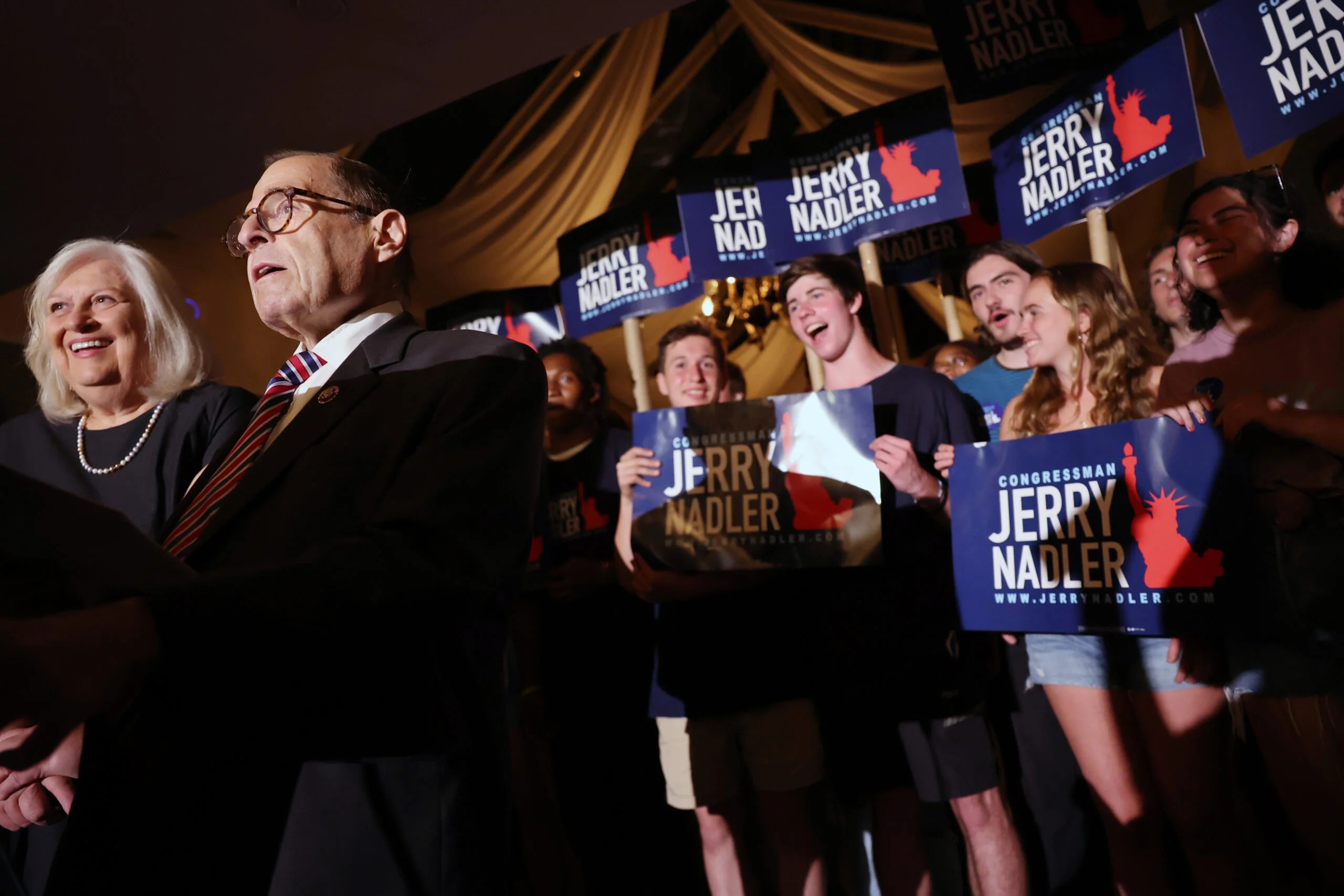Dynastic Ambitions Stir as New York’s 12th Congressional District prepares for a transformative election in 2026. Representative Jerry Nadler’s announcement on Monday, September 1, 2025, that he will not seek re-election has ignited a political frenzy, with potential candidates emerging from some of America’s most prominent political families, according to reports from The Daily Mail and USA Today. The race to succeed Nadler, a 78-year-old Democrat who has represented parts of Manhattan for over three decades, promises to be a high-stakes battle for one of New York’s most coveted congressional seats.
A Seat Opens Up
Nadler’s departure, effective at the end of his current term, creates a significant opportunity in a district historically held by Democrats. According to The New York Times, his decision was influenced by a desire for generational change, mirroring President Joe Biden’s choice to step aside in 2024 amid concerns about age. Nadler himself stated he was “watching the Biden thing,” influencing his decision to “pass the torch to a new generation.” This rationale sets the stage for a primary election anticipated in June 2026, where the focus will be on who can best represent the district’s interests and carry forward its legacy of political influence.
Potential Contenders Emerge
The list of potential successors includes figures from both established political dynasties and local political circles. Jewish Insider and New York Magazine have highlighted several individuals whose names have been floated in connection with the seat:
- Chelsea Clinton: Daughter of former President Bill Clinton and Hillary Clinton. Despite initial speculation, Chelsea Clinton’s team has stated she is “not considering a run.”
- Jack Schlossberg: Grandson of President John F. Kennedy and son of Caroline Kennedy. Schlossberg has openly expressed that a candidacy is “certainly a possibility,” as reported by Newsweek.
- Micah Lasher: A former Nadler aide, reportedly expected to receive Nadler’s endorsement, according to Fox News.
- Liam Elkind: A 26-year-old political organizer who has already formally announced his candidacy, as noted by The Guardian.
- Lina Khan: Former Federal Trade Commission chair, who has definitively ruled out a run.
The involvement of Clinton and Kennedy heirs adds a unique layer of intrigue to the race, potentially drawing national attention and significant financial resources. The district’s location in Manhattan, a hub for media and finance, ensures that the primary will be closely watched and heavily funded.
The Dynastic Factor
The possible entrance of Chelsea Clinton and Jack Schlossberg into the race underscores the enduring role of established families in American politics. While Chelsea Clinton has denied interest, Schlossberg’s potential candidacy brings the Kennedy legacy back into the spotlight. As Chronology points out, the presence of these figures can significantly alter the dynamics of the election, influencing voter turnout, fundraising, and media coverage.
The district’s demographics and political leanings also play a crucial role. New York’s 12th Congressional District, encompassing the Upper West and East Sides of Manhattan, is a Democratic stronghold with a history of supporting progressive causes. Candidates will need to appeal to a diverse electorate with varying priorities, from economic inequality to social justice issues.
Key Issues and Challenges
Several key issues are expected to dominate the primary race. According to Yahoo News Canada, one significant factor will be the candidates’ views on Israel. Nadler’s increasingly skeptical stance on Israeli policies has opened a space for candidates to differentiate themselves on this issue, potentially shaping their platforms and attracting support from different segments of the electorate.
Other challenges include navigating the complexities of local politics, building a strong grassroots organization, and effectively communicating a vision for the district’s future. The primary is likely to be competitive, requiring candidates to demonstrate their ability to connect with voters, raise money, and articulate a clear and compelling message.
Impact and Implications
Nadler’s retirement and the subsequent scramble for his seat have significant implications for the Democratic Party and the future of New York politics. His departure marks the end of an era, creating an opportunity for a new generation of leaders to emerge. The primary election will serve as a testing ground for different political strategies and ideologies, potentially shaping the direction of the party in the years to come.
The race also highlights the ongoing debate about generational change and the role of established political families in American democracy. While some argue that dynastic politics can stifle fresh perspectives and limit opportunities for newcomers, others believe that these families bring valuable experience, connections, and a commitment to public service. The outcome of the primary will provide insights into these competing viewpoints and their influence on the electorate.
Conclusion
The upcoming primary election in New York’s 12th Congressional District promises to be a pivotal moment in the state’s political landscape. With Nadler’s departure paving the way for new leadership, the potential involvement of Clinton and Kennedy heirs, and a range of critical issues at stake, the race is set to be closely watched and fiercely contested. The outcome will not only determine who represents the district in Congress but also offer valuable insights into the evolving dynamics of American politics and the enduring influence of political dynasties.




:max_bytes(150000):strip_icc():focal(1062x595:1064x597)/Nobody-Wants-This-Ending-Explained-Hereis-Where-Noah-Joanne-Leave-Off-And-What-It-Means-for-Potential-Season-two-tout-f2c0f0235d4c4ef3a3c0eca5c173a047.jpg?w=1024&resize=1024,1024&ssl=1)
